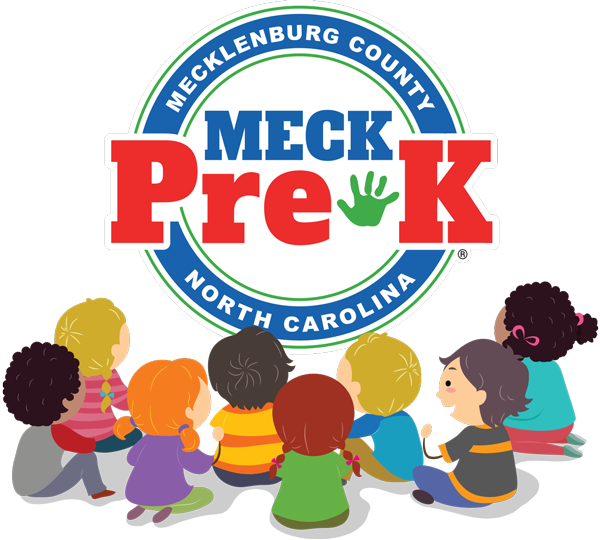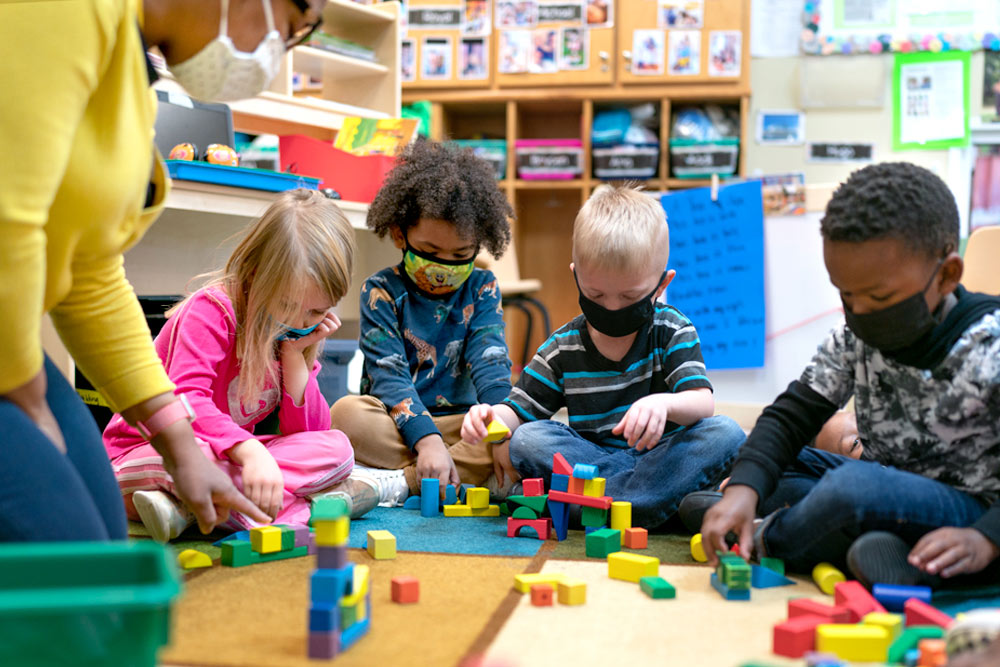What Do Children Need to Know Before Starting Kindergarten?
Kindergarten is an exciting time for families across the country. It’s a massive step for any child, as they’ll be away from their parents longer than ever before. They are developing skills and learning new concepts at a faster pace than they did at home. They’ll also have lots of opportunities to socialize with their peers and even develop lifelong friendships.
All this sounds like a lot because it IS a lot. Thankfully, there are many ways to prepare your child ahead of time and ease the transition for them. Kindergarten will still be a big change, but it doesn’t have to overwhelm your child or become a major source of stress. To ensure that your child is ready for kindergarten and will get the most out of their experience, there are a few things they should know.
How to Use Scissors, Paint, and Other Art Materials
Arts and crafts are a staple of kindergarten — and for good reason. They give children the opportunity to express themselves, whether that is through creating the art itself or discussing their work with their classmates or teachers. Art also encourages children to use their imaginations and to think outside of the box.
To fully participate in arts and crafts, your child will need to be familiar with scissors, glue, paint, tape, and other art materials. This requires some development of their fine motor skills. They don’t need to be completely proficient with these things of course, but having some experience using them would be very beneficial.
Independence and Self-Reliance
For many children, kindergarten will be the first time they’re away from their parents for hours on end. This can cause a lot of distress and potentially some tantrums, which may prevent your child from focusing during their classes. Worst-case scenario, they could become a disruption to other children trying to learn as well.
Thankfully, independence and self-reliance can be taught in the year or even months preceding kindergarten. We recommend finding ways for your child to spend more time – supervised, of course – among their peers and away from you. This could take the form of playdates with a trusted family member or enrolling them in a pre-kindergarten program.
Basic Numbers and Letters
Your child doesn’t need to understand complex mathematics or have advanced literacy skills to thrive in kindergarten. However, teaching them some letters of the alphabet and how to count to ten will give them a great foundation to learn from.
If you choose to do this yourself at home, rather than with a pre-k program, we recommend using fun, educational books that offer visualizations of the numbers and letters. You can also practice counting toys, blocks or other items. Practicing these skills for even 20 minutes a day can make a meaningful difference.
How to Play Independently and with Others
For most children, playtime is the absolute best part of a typical day in kindergarten. Unfortunately, playtime can be tricky if your little one doesn’t have experience playing independently or playing with other children. If your child is always playing with you or an older sibling, for example, they may not have the social skills necessary for different types of play.
If your child has limited experience playing on their own, encourage them to give it a try and to use their imagination. This will be a positive lesson for them, as there may be a time in kindergarten where they’re the only ones interested in playing with a particular toy. Rather than getting frustrated, they’ll know how to have fun on their own. If your child is unable to stick to one activity with a friend for at least 10 minutes, we recommend having them participate in more playdates where a singular toy or activity is the primary focus.
Vocabulary and Communication Skills
Children will have an easier time participating in kindergarten if they have a basic vocabulary and some communication skills. That means being able to speak using complete sentences, even if they’re not particularly complex. They should also be able to listen to a story from their teacher or peers without interrupting.
Communication skills are, without a doubt, one of the most important things for a child to develop before beginning kindergarten. If they don’t know enough words, or can’t be understood by their teacher or classmates, they won’t be able to fully participate in class and may struggle to develop friendships. If you’re worried about your child’s vocabulary or communication level, you can try to develop these skills at home, have them see a tutor, or enroll them in a pre-k program.
Pre-K Programs Improve Kindergarten Readiness
Most pre-k programs address all of the skills and lessons discussed above. Kindergarten readiness is a central focus of pre-k, as the program usually occurs the year preceding kindergarten.
Pre-k helps young children develop a basis of knowledge in subjects such as science, social studies, and technology. However, it also promotes the development and strengthening of social, emotional, and motor skills. Pre-k is also a fantastic way to introduce your child to being away from you for longer periods of time, as pre-k days are shorter than kindergarten days. The best part? You don’t have to break the bank to enroll your child in pre-k, if you live in a community with high-quality free pre-k options.
Prepare Your Child for Kindergarten with MECK Pre-K
Residents in Mecklenburg County, North Carolina have access to MECK Pre-K, a high-quality, well-staffed, and free pre-k program in the area. Our classes are taught by licensed teachers and teaching assistants in four- and five-star childcare centers. If your child is turning four on or before August 31 of the school year you’re applying for, they’re eligible!
All families are encouraged to apply to MECK Pre-K regardless of income level, though priority may be given to low-income households. If you’d like to learn more about MECK Pre-K or how it prepares children for kindergarten, please feel free to reach out to our excellent Englis-h and Spanish-speaking staff. You can get in touch with us by emailing info@MeckPreK.org, calling 704-943-9585, or completing our online form. We hope to hear from you soon!

